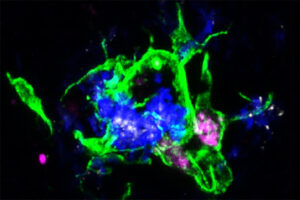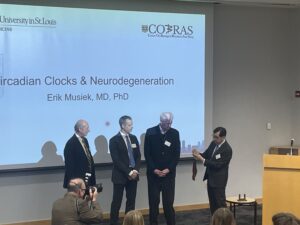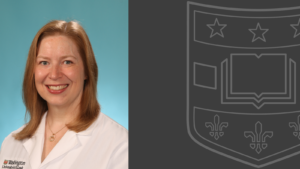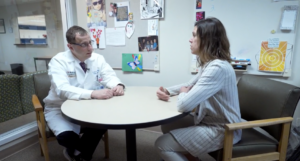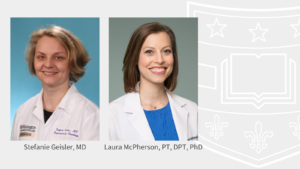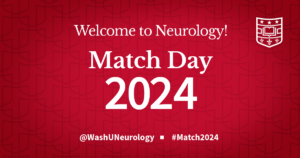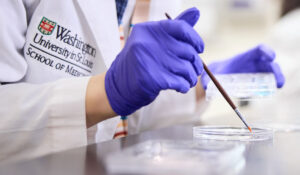Alzheimer’s disease starts with a sticky protein called amyloid beta that builds up into plaques in the brain, setting off a chain of events that results in brain atrophy and cognitive decline. The new generation of Alzheimer’s drugs — the first proven to change the course of the disease — work by tagging amyloid for […]
Immunotherapy for Alzheimer’s disease shows promise in mouse study (Links to an external site)
